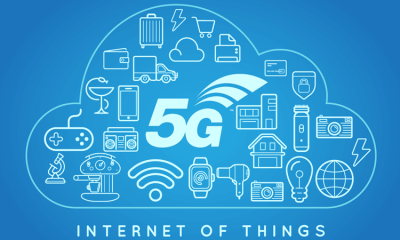Digital Insights
Walled Wide Web: The Siloing of the Internet
Published
5 years agoon
By
Brent Endaya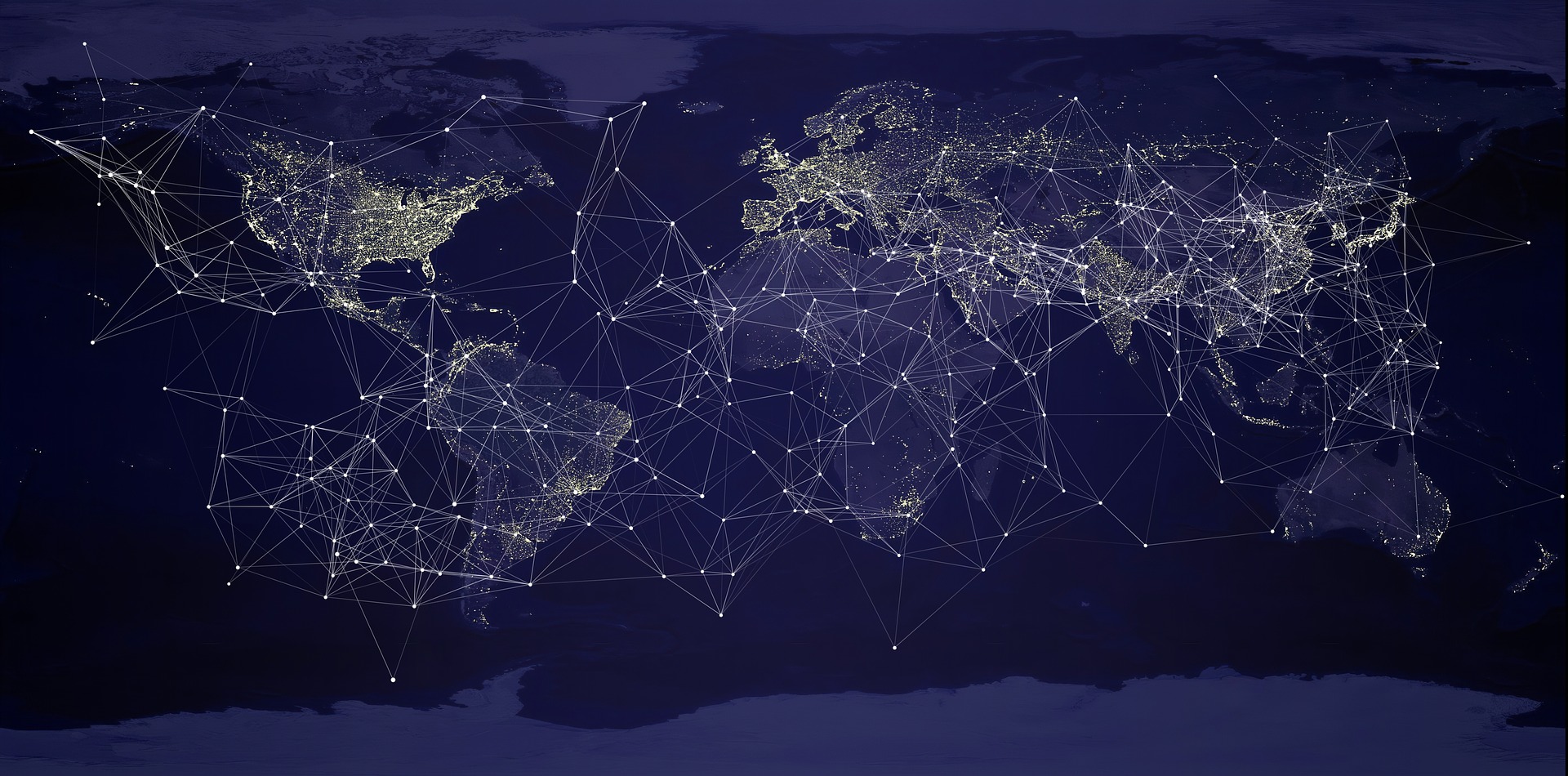
Splinternet, Cyberbalkanization, or whatever you may call it. This is not a far dystopian future anymore. This is now an imminent threat to the freedom and globalization of the internet as we know it.
Digital revolution is happening worldwide. Local businesses going digital, SEA Countries pushing for 5G rollout, ride-hailing startups racing (pun intended) towards a technological advantage and so much more.
Now, the word “revolution” is manifesting its other definition. It is “a forcible overthrow of a government or social order, in favor of a new system” according to Google. We knew that digital transformation would have growing pains. But not like this.
China built the Great Firewall, Russia planning to disconnect from the web temporarily, EU pushes for stronger regulation of the internet, the US in which amidst this turmoil is seemingly doing nothing, and India who seems to have a solution for all of this.
Walled Wide Web
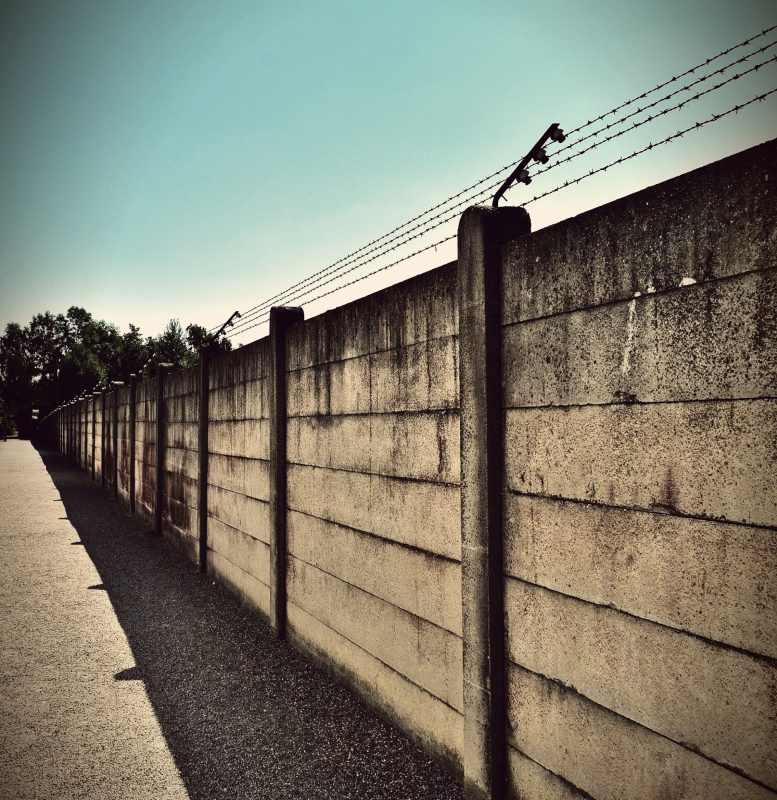
This is the exodus of countries out of the current global internet. Out of the loop and making their own. Instead of one INTERconnected NETwork, it will be separated into multinational intranets.
According to Adrian Lovett, president and CEO of the World Wide Web, “There’s a divide, it’s not as simple as black and white, left or right.” It won’t just be the internet and outernet. Countries that wish to exit the global internet have different ideologies and implementations of how they want their internet. You may have noticed that we used the word “implementation”. That’s because leaving the global network is not an idea anymore. It has been in effect for quite some time in China.
You may ask; What’s wrong with the internet? The internet is a wonderful thing. Why would they leave the internet? 2 things: Privacy and Control.
Gideon Rose, editor in Foreign Affairs magazine and Peter G. Peterson Chair, has described the situation perfectly in his interview with Bloomberg. According to him, it’s a 4 act play:
ACT I.
The US invents the internet.
ACT II.
The US partners with the private sector to develop the internet. This was the Golden Age of the Internet when innovation is on the rise and there were no concerns of breaches in privacy.
ACT III.
The current act. The internet became an oligopoly of tech giants and the US doesn’t do anything to fix it. Countries are now stepping in with their own solutions.
ACT IV.
The future. Nothing is certain what will happen and who will prevail.
Concerns for data privacy and control are arguably valid. Most of the data gathered from the internet are controlled by tech giants from the US. Google, Amazon, Facebook, Twitter, and other platforms handle the data of their users and profit from them.
It’s not a good outlook for countries who value privacy and individual data protection, especially after the exposé by Edward Snowden of the worldwide espionage by the US. It’s the straw that broke the camel’s back.
Now, countries are having none of this and want to distance themselves from the global US internet. But how did it become this way?
“No Freedom Without Regulation” – Joseph W. Singer
It’s because of the principles of the US. The US believes in laissez-faire; the separation of government and the private sector. So the tech giants used this unregulated and abundant resource of data and used it for profits.
Freedom without regulation will lead to abuse of that freedom. But too much regulation could lead to abuse as well. These are the two ideologies that clash between the 2 biggest players in the Walled Wide Web phenomena. EU for regulation and China for absolute control. And these two ideas are crushing the US in the middle.
US – Freedom at the Cost of Privacy
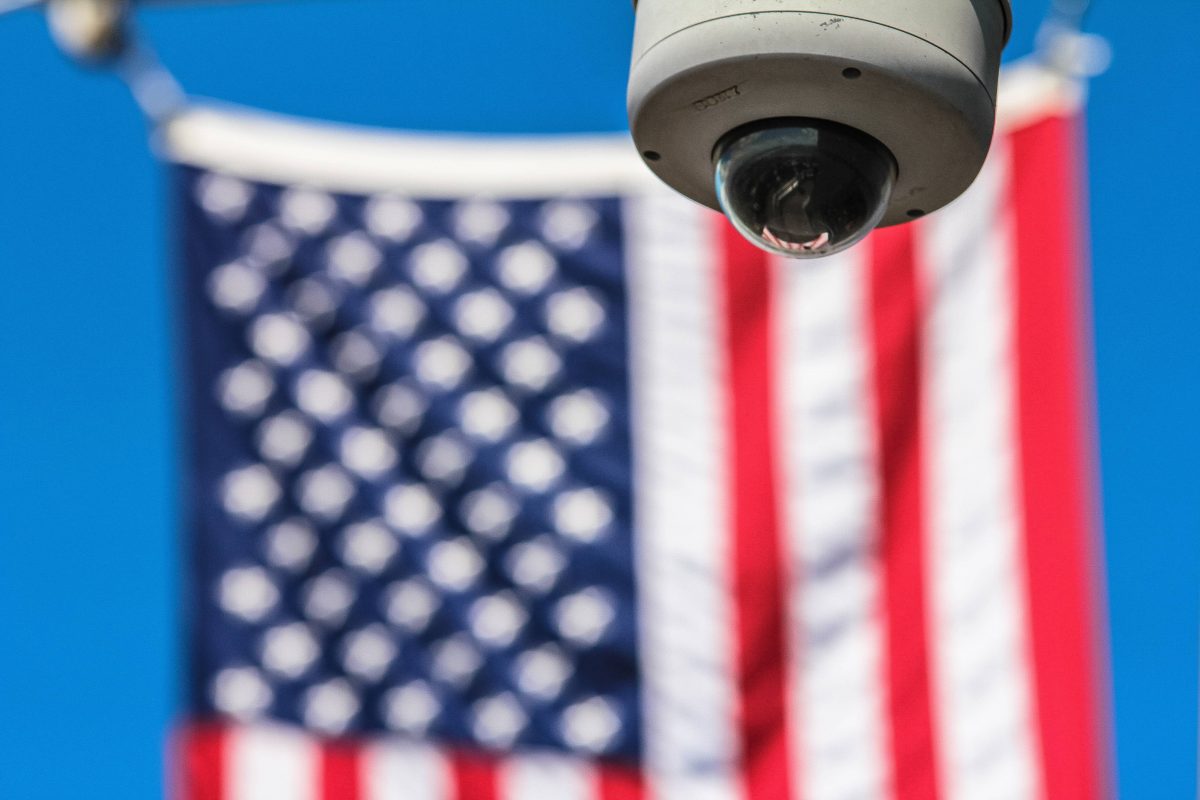
Google and Facebook are ubiquitous in everyday life. Communication, maps, information, services, and even livelihoods. There are online businesses that depend solely on the services offered by Big Tech. But everything has a price. Imagine if you need a paid subscription just to use Facebook or Google. That would definitely be inconvenient, right?
Services offered by the Big Tech are amazing and something that people rarely think about but it comes with a great price: personalized ads.
Personalized ads don’t come across as negative but if you put it into plain words, it’s kinda disturbing. Big Tech earns money by selling your preferences, behavior, and sometimes location data (in short, selling your personality) to companies which will pump out content and ads that most guarantee your purchase.
It’s convenient as all ads will be relevant to you. The companies know what you want.
Unnerving as this is, people are now dependent on this internet which is mostly handled by the US Tech Giants. Individuals around the world have a symbiotic relationship with Big Tech.
This use of data doesn’t bother most people for the sake of convenience in their lives and that is not to be blamed. However, other countries do not share the same ideology.
EU – Open Internet but with Oversight
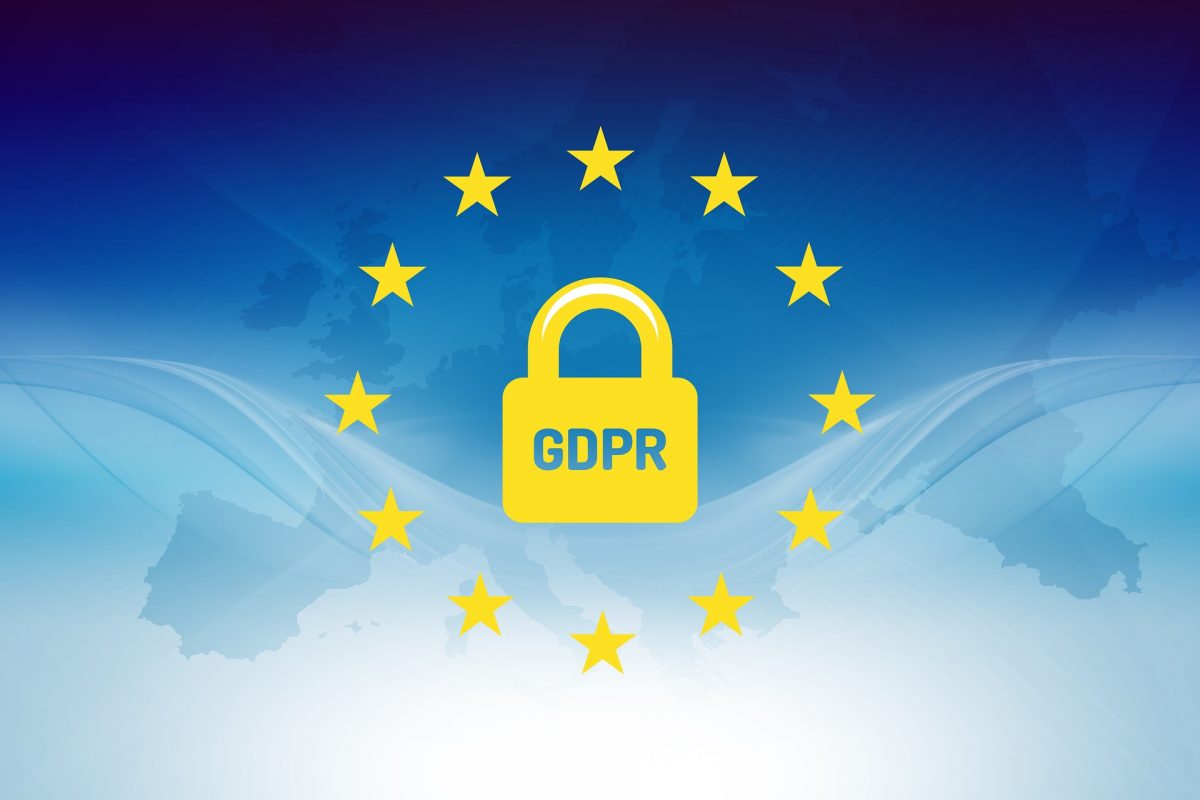
The EU has no apparent plans to disconnect but its push for regulations leaves the US tech giants in opposition against them. There are many regulations such as Article 11 and 13, the GDPR that pressure Tech Giants into compliance and shakes the internet status quo.
Although there are many “citizens of the internet” vocally opposing these regulations, the EU believes that its heart is in the right place. The EU firmly believes that every individual has the right to their own data. Consent for collection and erasure request of personal data to ensure privacy are some of the highlights of GDPR that has direct business conflicts with Tech Giants.
Although the EU has good intentions, some people question the vagueness of the articles and the potential abuse they could cause. Some also debate the effectivity of the implementation of these regulations and the adverse effects on the freedom of the internet.
Nandan Nilekani, co-founder of Infosys, has the perfect quote to sum up the situation. He says, “What other countries should realize is that regulating Big Tech is not going to be a purely legal affair. The Internet is still unfinished.”
China – Seclusion for Security
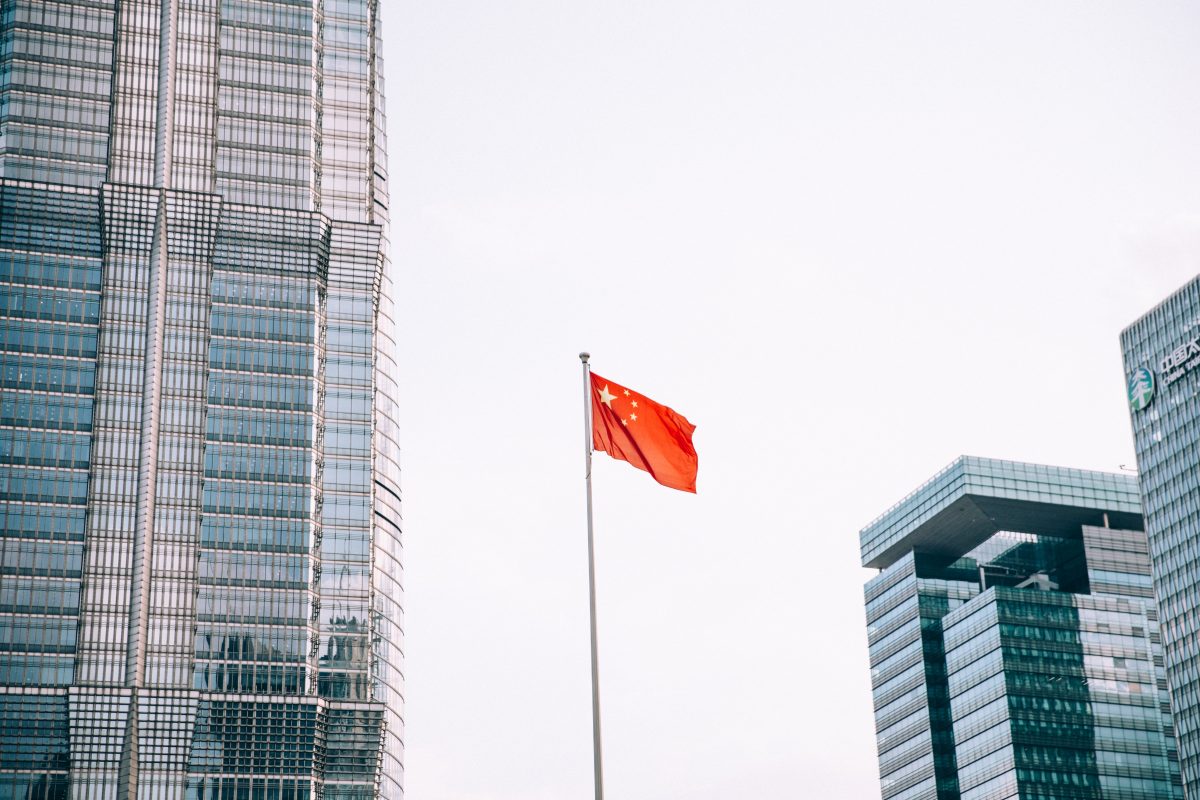
China is growing exponentially both economically and technologically. It’s now a force to be reckoned with. Most experts say that China might defeat the monopoly of the US when it comes to providing the internet.
The next big thing that will happen technologically will be the 5G Rollout, and China has the best technology, hardware, software, and infrastructure to make that rollout possible. Although many countries blocked the possibility of using Chinese tech with the 5G Rollout, there’s no denying that countries would need to keep up with the technology or face the future of having a Chinese-owned and controlled internet.
There were major concerns about Chinese tech with the 5G Rollout. First is data security. Allegations for these claims are valid but hypocritical. Facebook, with its recent controversy, definitely gave awareness to how dangerous misuse of data could look like.
China erected the Great Firewall because of similar reasons. China doesn’t want its data traveling around the current global internet pipeline because basically it’s crossing US infrastructures, which makes it open for interception. China has sour relations with the US and its motivation to push for technological supremacy made separation from the internet a prerequisite rather than an option.
Second concern is political motive. China is seemingly out for global domination and influence because of its recent projects and collaborations including the One Belt, One Road Initiative, and BRICS which involves cooperation with multiple countries. It raises concern that an authoritarian country is rapidly rising into power and influence among its surrounding countries. The concern is arguably valid but China’s motivation is the opposite. China is pushing for nationalism.
China Going National
Having their own internet is a national objective and priority. A great and noble cause but China’s implementation is very questionable. ABC News Australia even describes it as a “Digital Dystopian Dictatorship”.

China uses its own internet as effective censorship and surveillance system. It is highly secure for its government. Coupled with its robust AI, machine learning technology, and high-tech infrastructures, the government could detect and control whatever is posted on their internet. This effectively seizes the freedom of speech that the traditional internet is all about. But speech isn’t the last of the citizens of China’s worries.
China has WeChat. A super app that handles social media, online payments, money transfer, having a doctor’s appointment and so much more. It is tied to their social credit score which are connected to all of the services offered by WeChat.
For example, an individual sent a private message to another that talks about a certain topic banned by the government. The one who sent the message might suffer a loss of service such as not being able to buy train tickets.
All transactions through WeChat are analyzed and scoured by the government, so if one’s behavior is not acceptable through the eyes of the government, access to services will be taken away. Social credit scores are also public so the punishment and shame will be felt publicly. It will also publicly incentivize people to follow the government’s guidelines.
Order is restored. But genuine human expression is definitely suppressed. The situation is reminiscent of a Black Mirror episode which is a critique on how social validation and repressed self-expression could drive individuals insane. It’s crazy to think that before, a social credit system was just a dystopian fantasy but now it exists. And it could be our future if the internet was balkanized.
Russia – Full Data Control
Russia, also one of the BRICS countries, wants to shut down its internet to also have full control of the data from the country. It also has plans to make a great firewall like China. If this happens, approximately 20% of the world’s populace will be cut off from the global internet.
Russian President, Vladimir Putin, recently signed laws that are, according to news sources, a “Digital Iron Curtain.” The legislation is a crackdown and criminalization of both “fake news” and online “disrespect of the state.” This drew ire from thousands of Russians. The people think that this is a ploy for censorship which Kremlin already did.
Even with opposition, Russia is really pushing to have “digital sovereignty” just like China.
One other BRICS country is planning to have their own internet which has a similar approach with China but a different implementation. That is India. If the internet truly split, almost 42% of the internet will be on BRICS countries with China supplying the technology.
India – The Internet as a Public Good
“It is in Asia, however, where the future of the Internet is most likely to be written.” – Nandan Nilekani
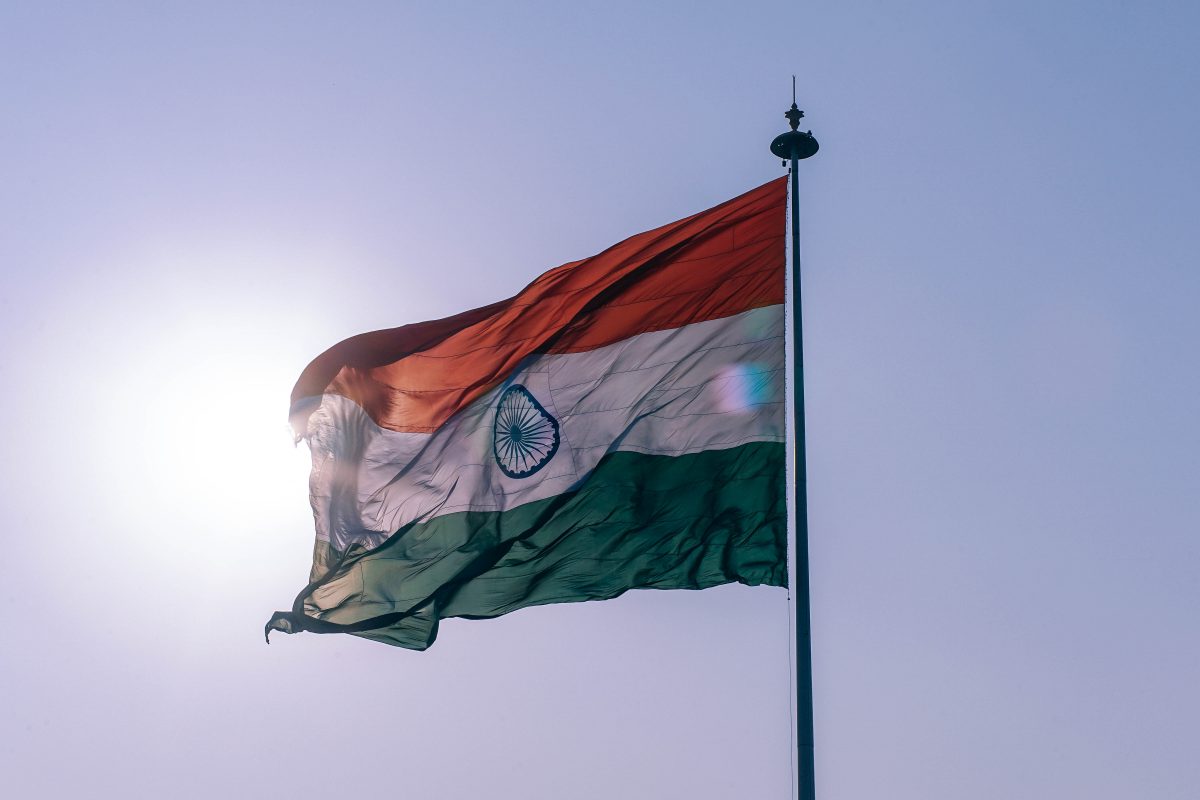
The future of the internet will be written by either China or India. Though China has made leaps and bounds of progress with its technical prowess, political will, and cooperation of the private sector at the expense of ethics, India is offering an alternative approach to the use of private data.
It starts with Aadhaar, the biometric ID system connected to a 12-digit random number used in India. This immediately raises privacy concerns as it is just one number to identify one individual. Proponents explained that Aadhar is just basically a “dumb ID”. It just contains 4 data points: Name, Date of Birth, Address, and Gender. Also, when someone asks for authentication of an Aadhar ID number, the reason for identification is not revealed on the system.
Another safeguard for Aadhaar is its ability to generate a “virtual ID”. A temporary number that links to the personal Aadhaar number without giving personal information.
This approach doesn’t incentivize data aggregators as a personal profile can’t be built. The amount of information connected to a number is so little, data miners won’t have any use for it.
The second step that India did was to make the “India Stack”. It is a collection of digital platforms built by the government. Its aim was to digitize transactions to make it easier for consumers and institutions to exchange information. Same as China, the government supported and made infrastructures to make digital transformation possible. The difference between the approach of India and China is the priority. China prioritizes the will of the government while India prioritizes its citizens well being.
India aims to bring back the value and use of personal data for personal use. It has 2 initiatives:
- The Ministry of Electronics and Information Technology made a voluntary standard for the use of personal information. Consent has to be provided by the user through digital signing. It should specify who can use the data, for how long, and whether the information can be shared further. It should be clear and transparent unlike any Terms of Service Agreements. Users also have the ability to revoke consent immediately as he wishes. Sharing of data will immediately stop as well.
- Data fiduciaries – It is a form of personal consent manager. It makes sure that sharing data will happen in a safe and secure manner. A data fiduciary should be legally bound to prioritize the interests of the one who is sharing their personal data, not the one requesting it.
Treating these infrastructures and data as digital public goods gives the proper funding and regulations for the government to use. It also eliminates the need to profit off of the personal data of others as the government funds the services to handle personal data safely and securely.
Break the Silos or Build Higher Walls?
Walled Wide Web is not an ideal situation in the future. This will lead to more and more problems. Each country has its own solution to fix the internet but it’s not enough that we dwell on one answer. The problem is complex. One solution won’t be enough. All ideas should be taken into consideration.
If the internet was to be fixed, awareness should be spread. Countries are already planning to restart the stalled World Trade Organization talks to prevent the looming threat of the Splinternet. It’s funny that a fictional character has the most applicable quote for this future reality that we’re hurtling towards. King T’Challa of Wakanda (Black Panther, Marvel Studios) says this: “..in times of crisis the wise build bridges, while the foolish build barriers.”











